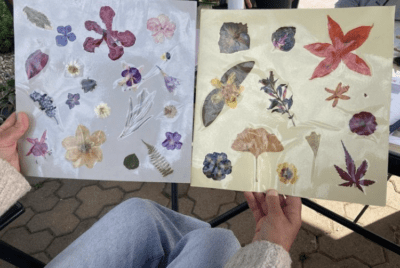RESEARCH
HORTICULTURE, WELL-BEING, AND MENTAL HEALTH: FROM INTUITIONS TO EVIDENCE
Summary
The research shows that even small amounts of vegetation—such as a few trees or patches of grass—can help individuals cope better with daily challenges. Findings indicate benefits ranging from reduced aggression and improved attention to higher self-discipline and greater optimism about personal problems. Furthermore, children, including those with ADHD, exhibit better concentration and more creative play when they have access to green spaces.
On a neighborhood level, the presence of vegetation encourages stronger social ties and increases informal monitoring, contributing to lower crime rates and friendlier communities. As a result, the author advocates viewing trees and green elements as essential components of urban infrastructure—crucial for maintaining vibrant, supportive neighborhoods rather than mere aesthetic additions.







